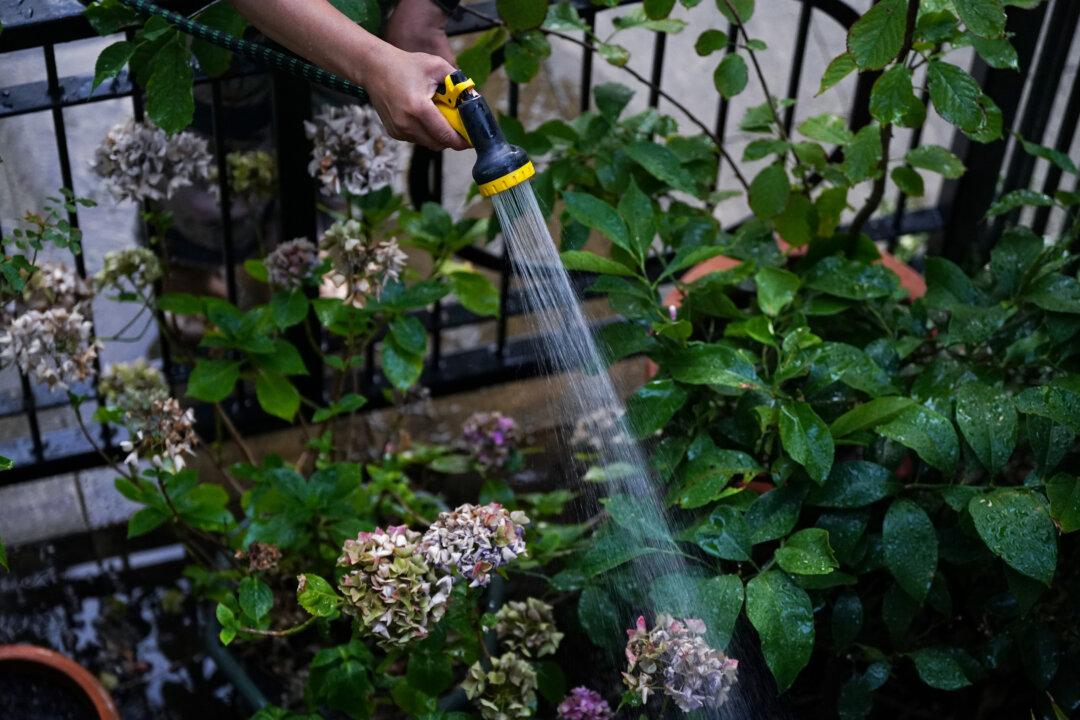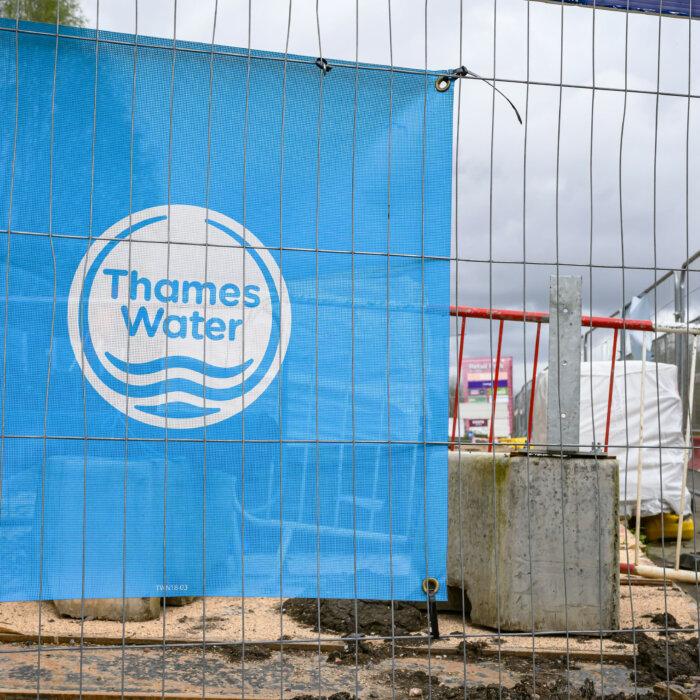South East Water says it needs new investments to stay in business ahead of the ruling by Ofwat on future spending plans for water companies.
South East Water is the supplier for 2.3 million in the south east of England, serving people across Kent, Sussex and Surrey.
The discussions are at an “advanced” stage, the report said, but the financing is yet to be completed.
“If it is not possible to raise the additional liquidity, the group and therefore the company would not have sufficient liquidity for the going concern period,” the company said.
The directors of the water supplier believe that if the funding is not secured, it will constitute “a material uncertainty” and will cast “significant doubt on the ability of the group and company to continue as a going concern.”
South East Water said it plans to invest nearly £1.9 billion into the network over the next five years. The investment will have an impact on customer bills, increasing them by 22 percent.
The company reported that despite “notable” cost pressures, its pre-tax loss narrowed to £36.7 million in the year to March 31. This compares to the prior year’s loss before tax of £74.2 million.
The shareholders of the firm “are minded in principle” to support South East Water should the need arise, the report said. It also said, that if the company succeeds in securing extra cash, it will have sufficient liquidity up to July 2025 to meet its regulatory obligations.
Ofwat’s draft ruling is expected on Thursday and will outline how much water companies can charge their customers for the next five years.
Troubled Waters
Last year, South East Water customers were affected by incidents of water supply shortages. The company remains under investigation by Ofwat over the supply interruptions for thousands of customers in June 2023.Thames Water leadership believes that “with the right time, money and resources” the business can be turned around.
Aside from financial struggles, Thames Water has been hit by pollution scandals after it emerged that the firm pumped raw sewage into waterways. The company attributed the spike in pollution to prolonged periods of heavy rainfall, which led to increased sewage discharges.
Policymakers have vowed to “clean up” the water sector and ensure appropriate regulation.







